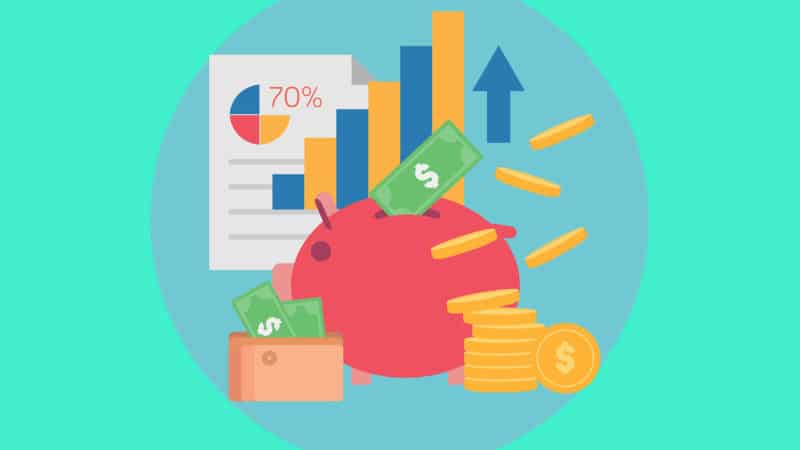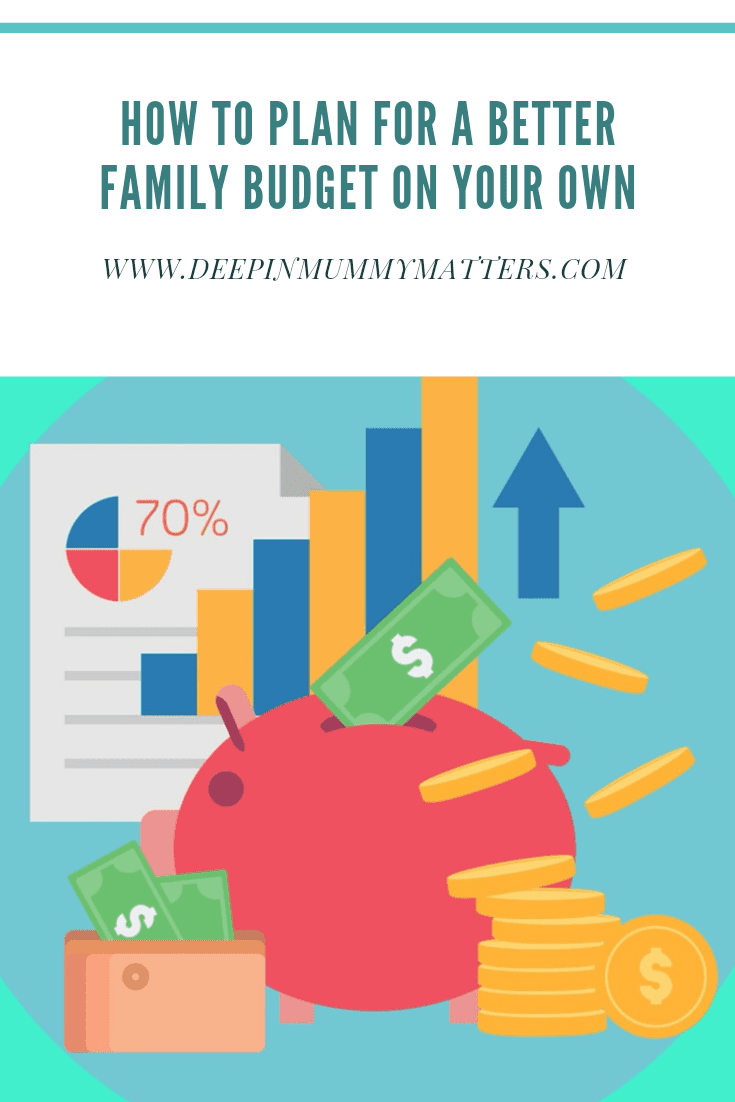Most people cringe at having to create or follow a budget. But the truth is, if you want to have any hope of getting your finances in order, you need to develop and stick to a budget. The good news is that it’s not as hard as you might think. With a little bit of planning and effort, anyone can create a workable budget. Here is how to plan a sound family budget with ease.
Collect All Your Financial Paperwork

The first step to creating a better budget is to gather all of your financial information. This includes your income, debts, and expenses. You can find this information by looking at your pay stubs, bills, and bank statements. Once you have all of this information, you need to sit down and figure out where your money is going each month. It can be a daunting task, but it’s essential to know where your money is going if you want to change your budget. Once you have a clear picture of your monthly expenses, you can make adjustments to ensure that your family has enough money to cover all of their needs.
Analyze Your Spending
Now that you have all your financial information, it’s time to look at your spending habits. Look at where you are spending the most money and see if there are any areas where you can cut back. For example, if you are spending a lot on eating out, you may want to cut back on eating out once a week or making meals at home. If you spend a lot of money on non-essential items, such as clothes or entertainment, you may want to cut back on those areas. The goal is to find places where you can save money and then implement those changes.
Set Up a Savings Plan
Once you have your budget in place, it’s time to start thinking about future savings. If you don’t have one already, set up a savings account. You should also begin to set aside money each month to contribute to your savings. Even if you can only save a small amount each month, it will add up. Investing can be a great way to secure your financial future and help you reach your goals. And with personal capital budgeting, it’s easier than ever to get started. You can invest in various assets, including stocks, bonds, and mutual funds. Be sure to do some research before deciding what’s right for you.
Find a Budgeting App
If you want to take a more hands-off approach to the budget, plenty of budget tools are available. Many of these allow you to enter your income and expenses throughout the month and then track everything. Some will even alert you when bills are coming due so that you can be sure to pay them on time. Target an app that allows you to create customized spending categories. At times, focus on user-friendliness, which helps you utilize all its features well. Sampling some online reviews regarding the software can be a good thing.
Determine Fixed and Variable Expenses
One of the most critical aspects of creating a budget is understanding the difference between fixed and variable expenses. Fixed expenses stay the same each month, such as your mortgage or rent payment, car payment, etc. Variable expenses can fluctuate from month to month, such as your groceries, gas, and entertainment.
It is vital to have a clear understanding of both types of expenses when creating your budget, as this will help you determine how much money you need to set aside for each and how much wiggle room you have. Once you have determined your fixed and variable expenses, factor them into your budget. This may take some time and effort at first, but it will be well worth it. With a solid budget in place, you can take control of your finances and get more out of life.
Make Your Overall Plans Achievable

The most important thing to remember when creating a budget is realistic. If you try to cut back or save too much money each month, you will likely get frustrated and give up. Start small and make changes that you can stick with. As you get more comfortable with your budget, you can make more significant changes.
Creating a budget can be daunting, but it doesn’t have to be. By taking the time to understand your expenses and income, you can make the process much easier. And by using a budgeting app or setting up a savings plan, you can take control of your finances and get more out of life.


